Science
About this Collection
The right to inquire freely about questions of science is an important part of a free society. The discoveries that arise from this kind of open inquiry often help to build the free society even as they arise from it.
Key People
Titles & Essays
Loading...
Quotes
Science
Adam Smith on the “Wonder, Surprise, and Admiration” one feels when contemplating the physical World (1795)
Science
Charles Darwin on life as a spontaneous order which emerged by the operation of natural laws (1859)
Education
Sir Francis Bacon on Doubts, Patience, and Certainties

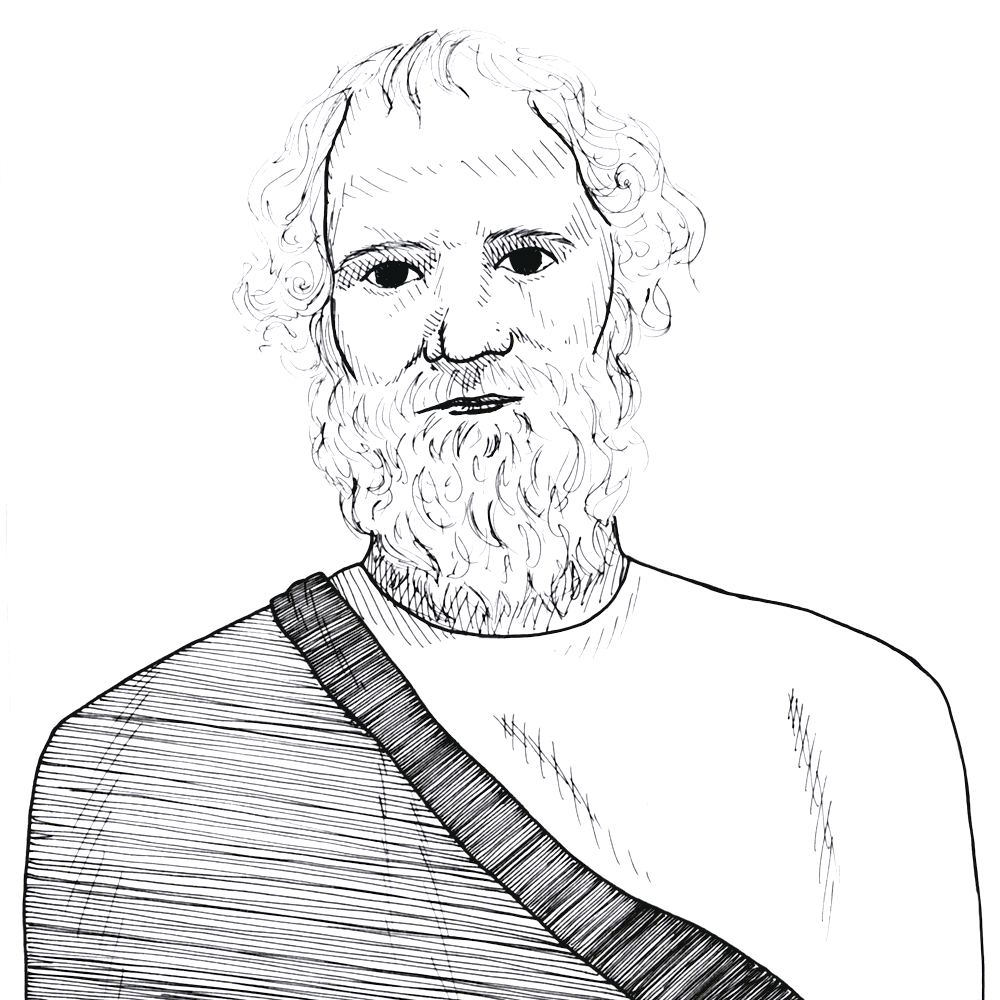

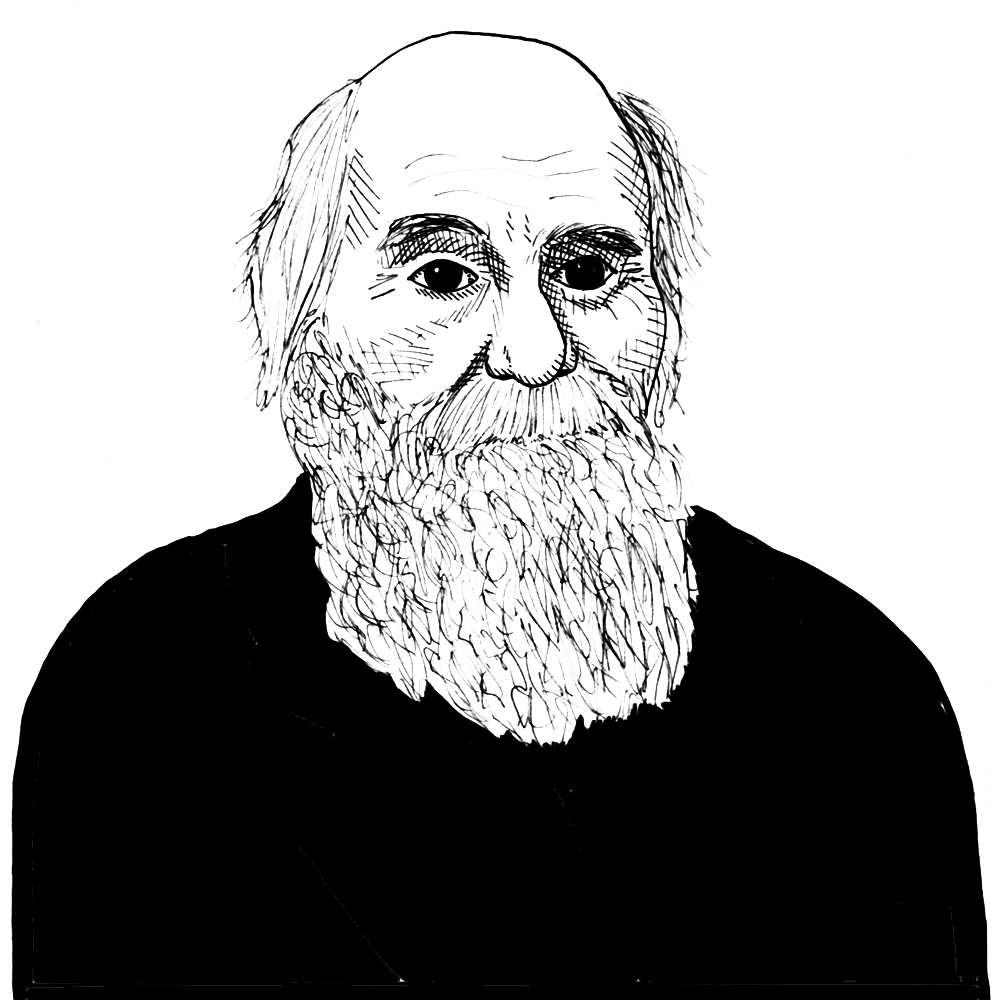
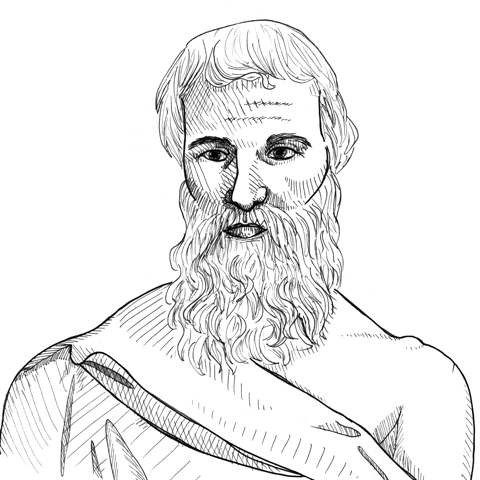
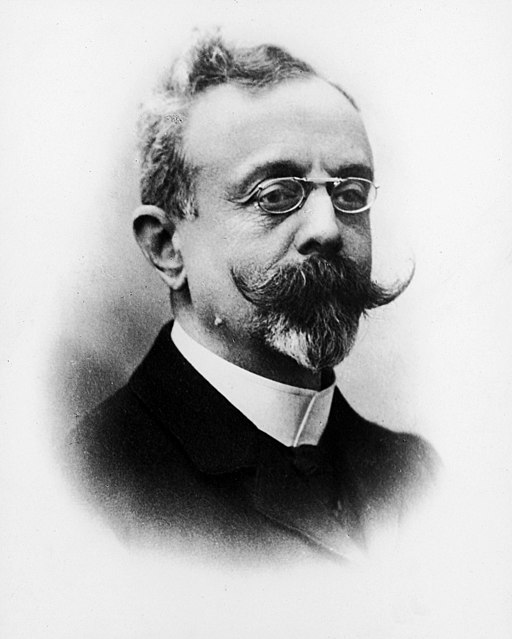
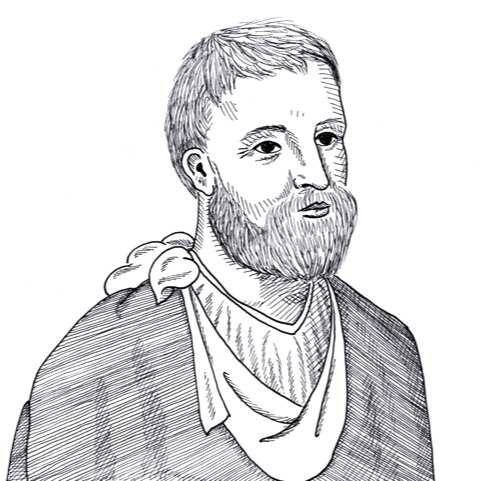

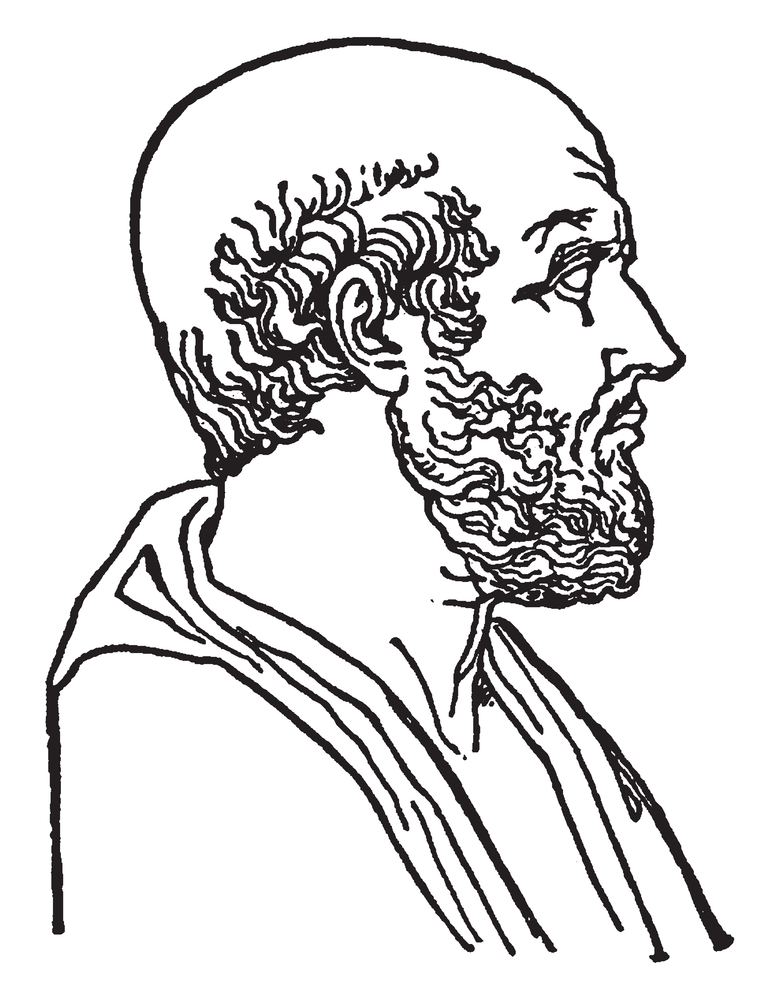
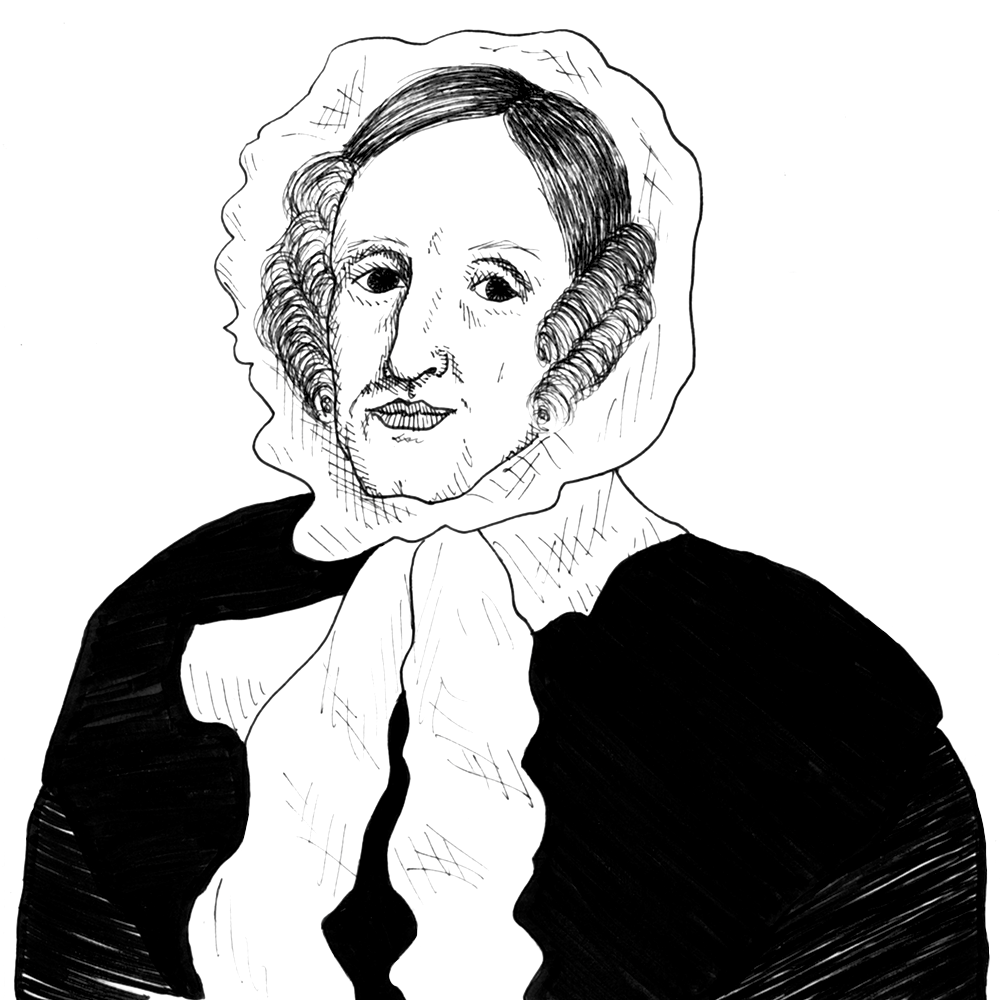

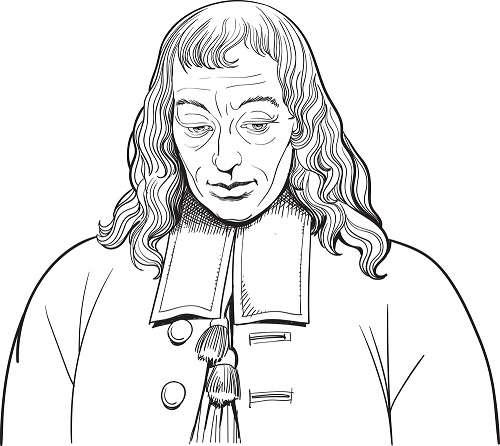

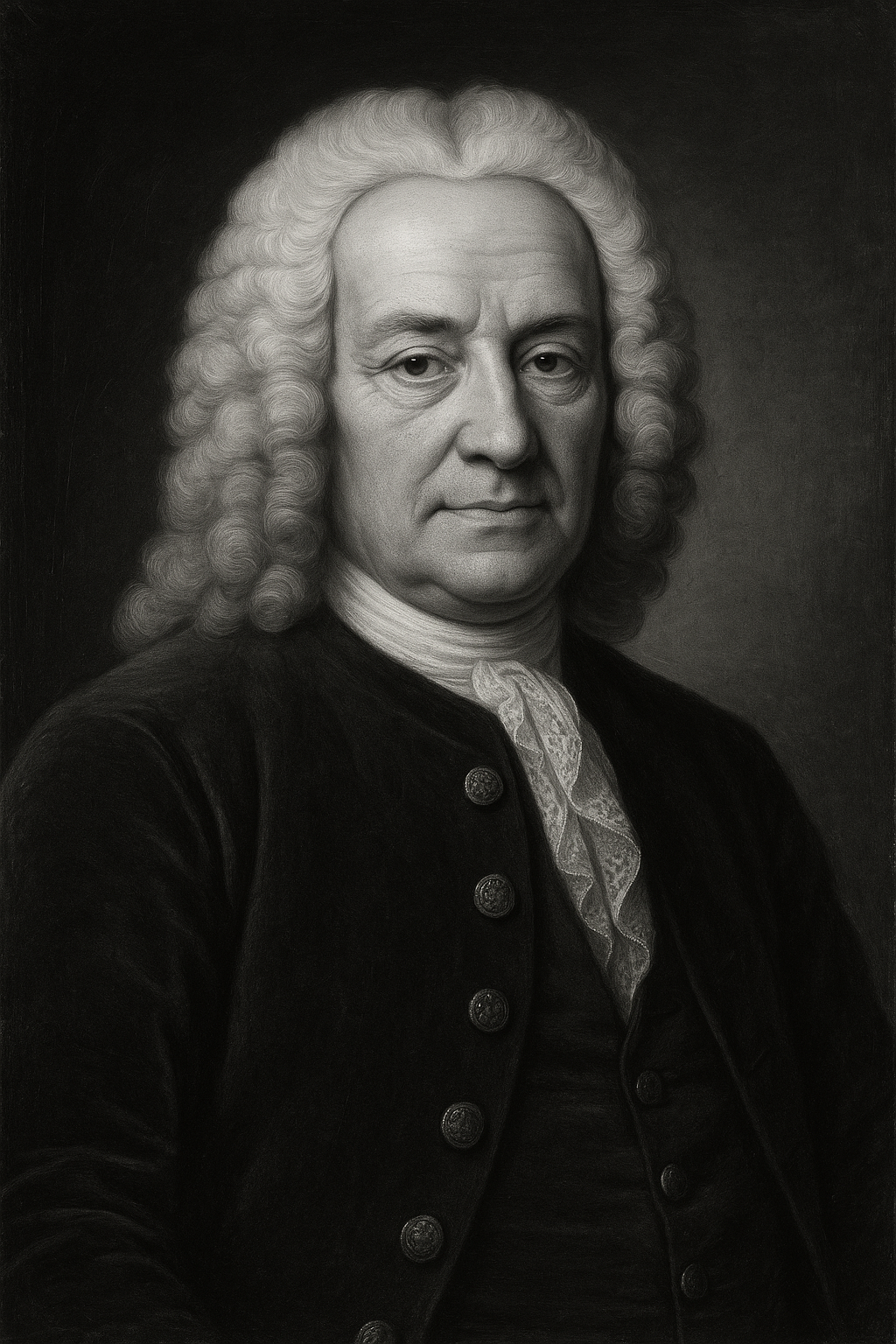
Social Sciences